By Mark Reed
One of my best friends in life, as fate would have it, was also one of my dad’s best friends. Dr. William C. Patterson, MD. His friends called him Bill. His close friends called him Pat. I called him Doctor Pat. He was Michelle and mine’s family doctor, as well. Our first house when we got married was just across the street from Pat and Iwee on Ridge Road in Smyrna, Georgia. After my dad passed away, I started visiting Doctor Pat and his wife Iwee at their home on a fairly regular basis. Pat and I would sit outside on their patio where he would smoke his cigarettes and we would talk about just about everything. I especially loved the stories he shared.
Of the many stories he shared with me, the one I cherish most was from his childhood. We were talking about God, faith and prayer – specifically the answer to prayers. As he relayed it to me, when he was just a boy living at home on the farm, his father had a special pocketknife. As with many men, this knife was a prized possession he carried everywhere in his pocket. He sharpened it, cleaned it and took care of it. As sons do, Pat watched his father use the knife, and wanted to use it also. One day, half expecting to be turned down, he asked his father if he could borrow the knife. To his glee, his father reached into his pocket, pulled out the knife and handed it to him. It was unsaid, but Pat knew that he must take special care of his father’s knife. He knew a special trust had been bestowed upon him.
Pat spent the day whittling; cutting twigs from trees, putting his initials on the barn wall – all the things a young boy does with a knife. He said it was a wonderful day. As the afternoon came to a close and it was time for him to return to the house and give his father back his knife, he reached into his pocket to feel its hard shape. A moment of panic ensued when he realized that the knife was no longer in the pocket of his overalls. He was mortified that he had lost his father’s prized knife. He frantically tried to retrace his steps during the day, all the while scanning the ground, the straw in the barn, the fields around the farm. He realized the almost futile effort of finding this “needle in a haystack.” It was then, there in the barn, that he decided that while he was not big on prayer, he didn’t know what else to do but go to God. He said he didn’t remember the actual words of the prayer, but the gist of it was, “God, help me find my father’s knife.” As he stood there in the barn, head bowed at the finish of his prayer, he opened his eyes and looking down at the straw covered barn floor, there was the knife at his feet.
Pat told me, with a twinkle in his eyes, that finding that knife at his feet after his prayer was “just about enough to convert me right there on the spot.” And he and I laughed out loud. I think he was converted right then.
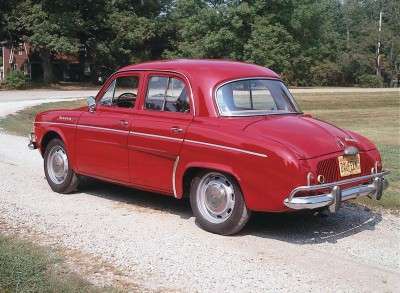
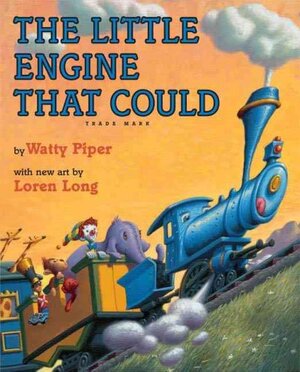
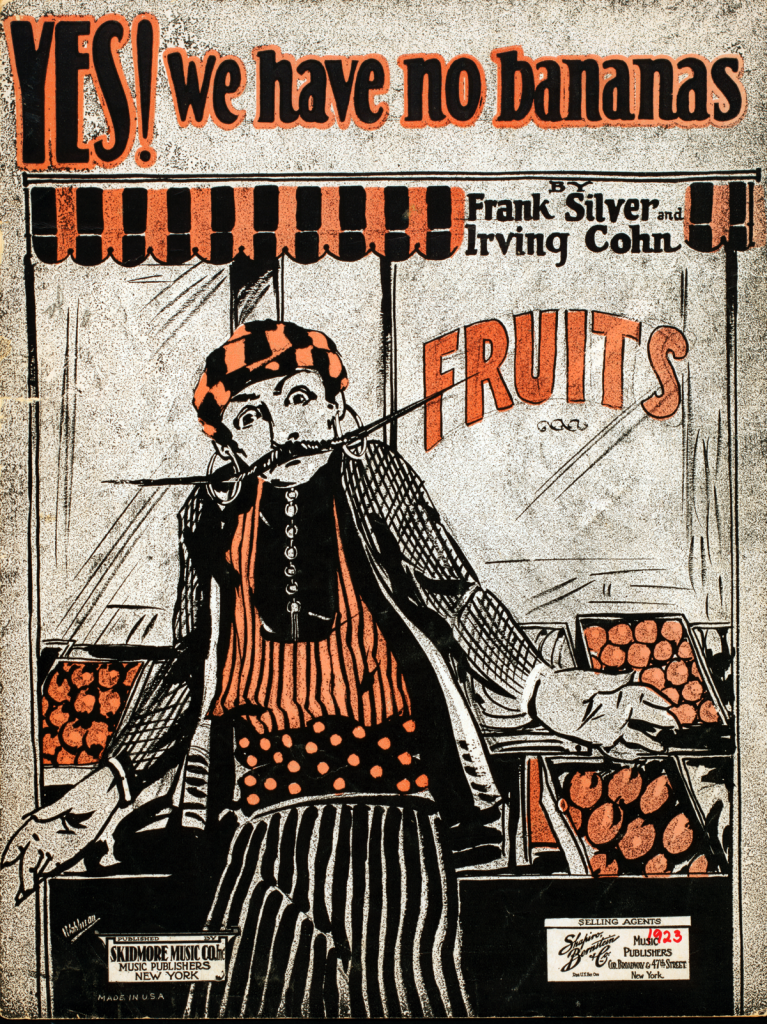
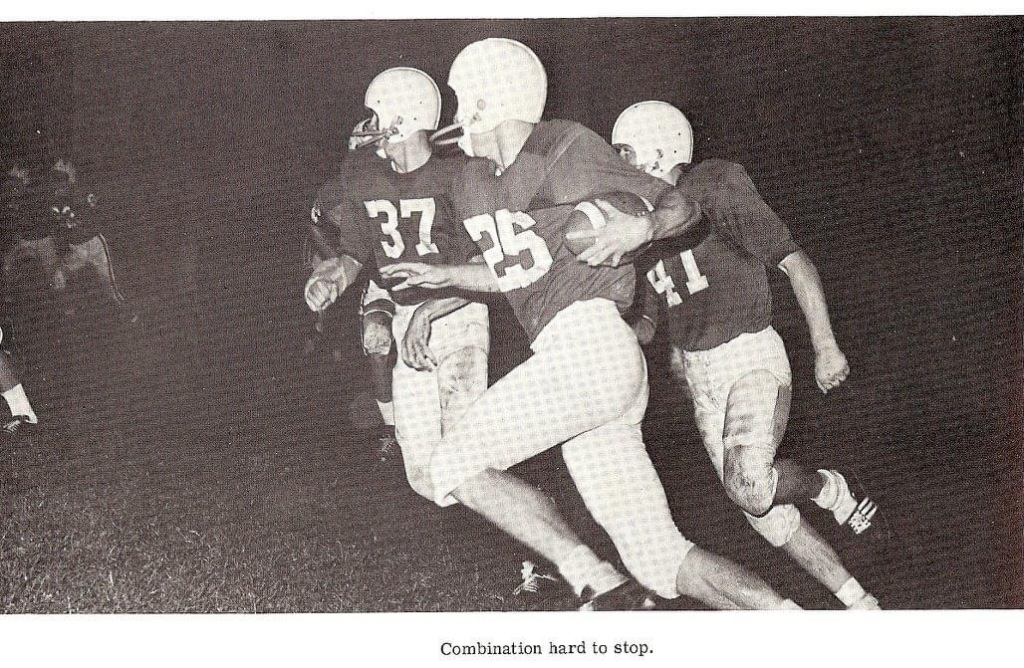
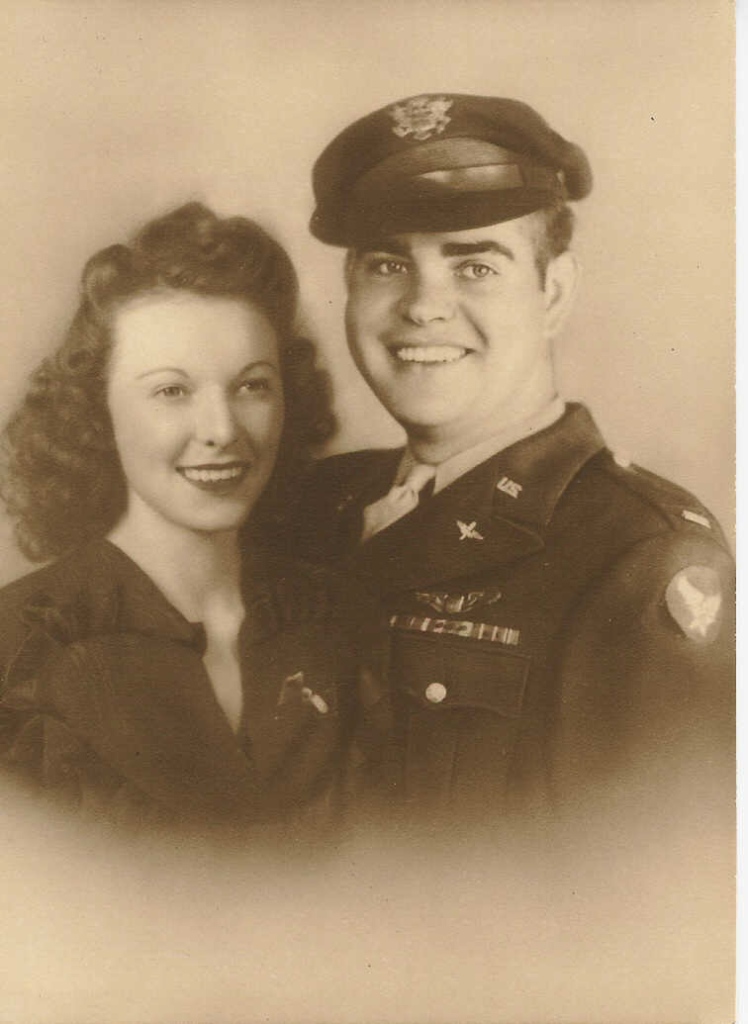
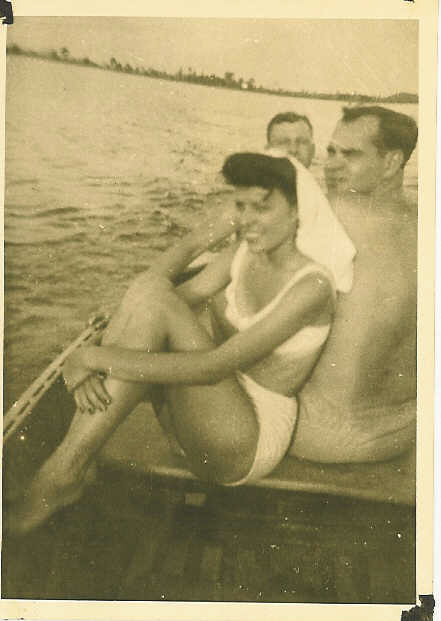
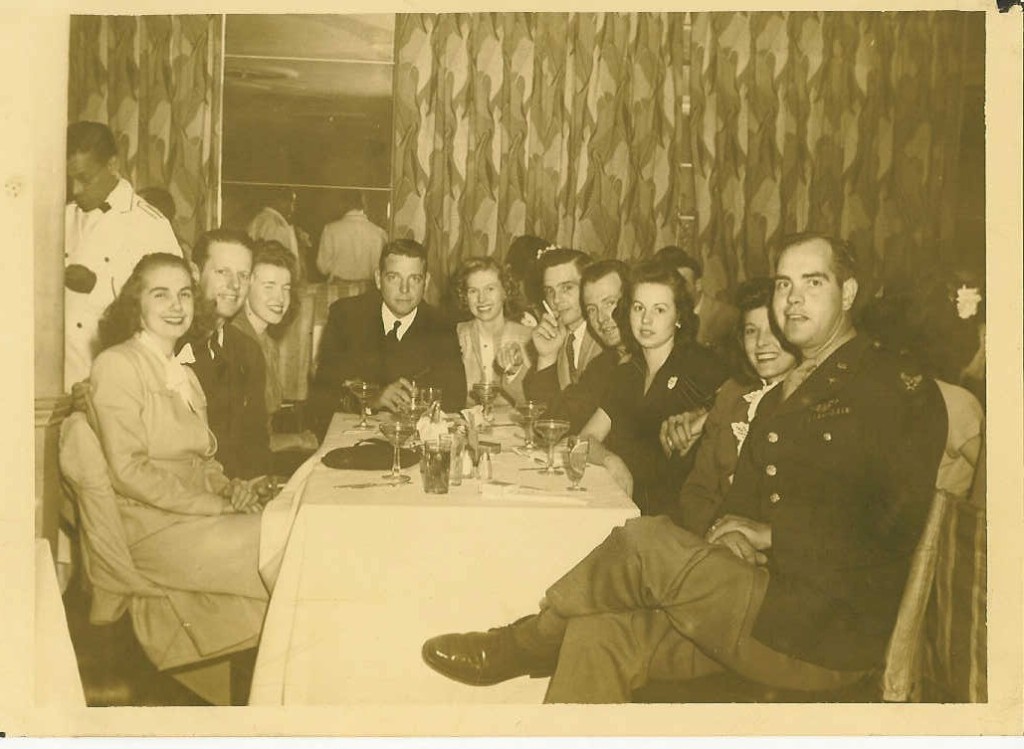
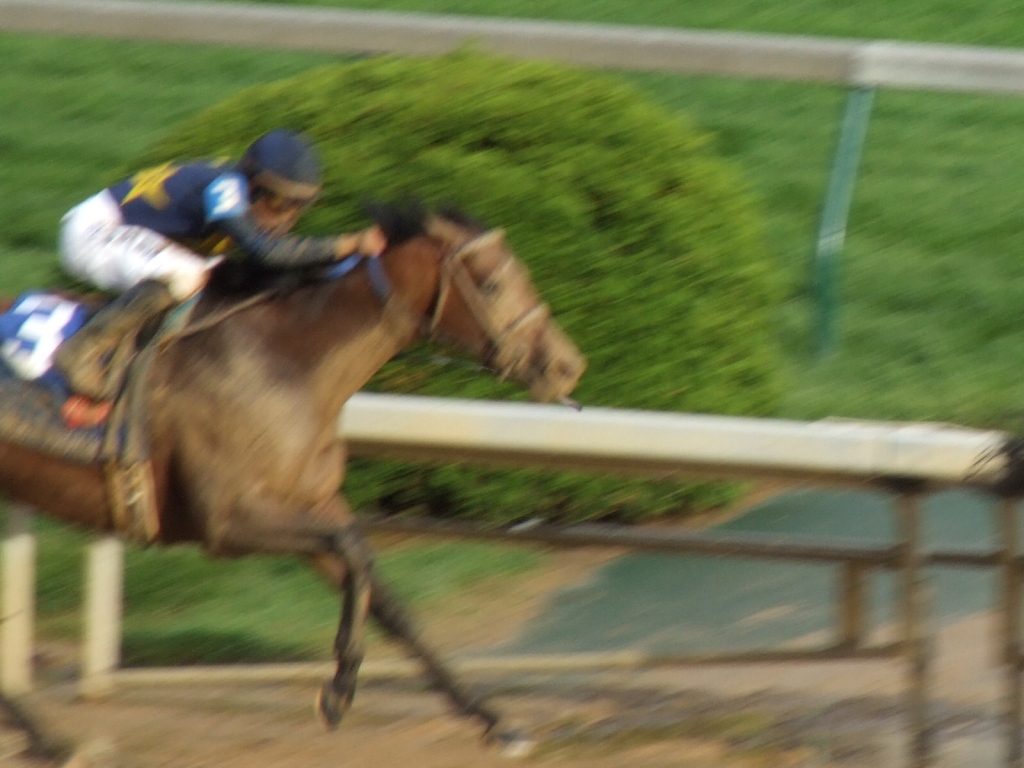
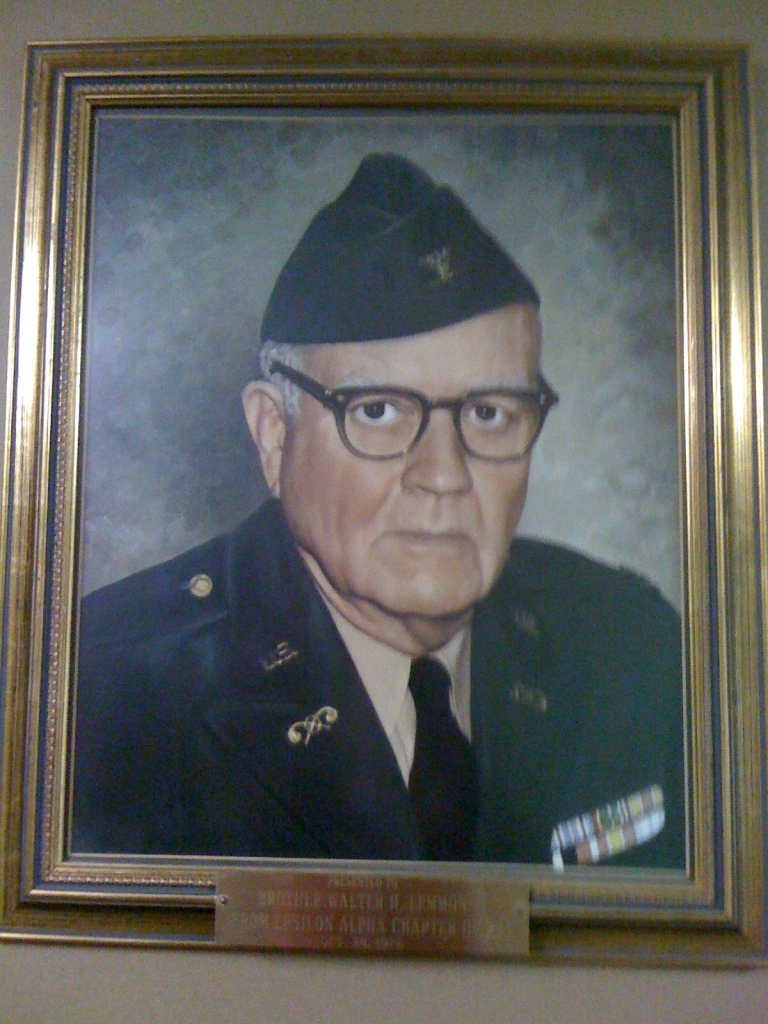
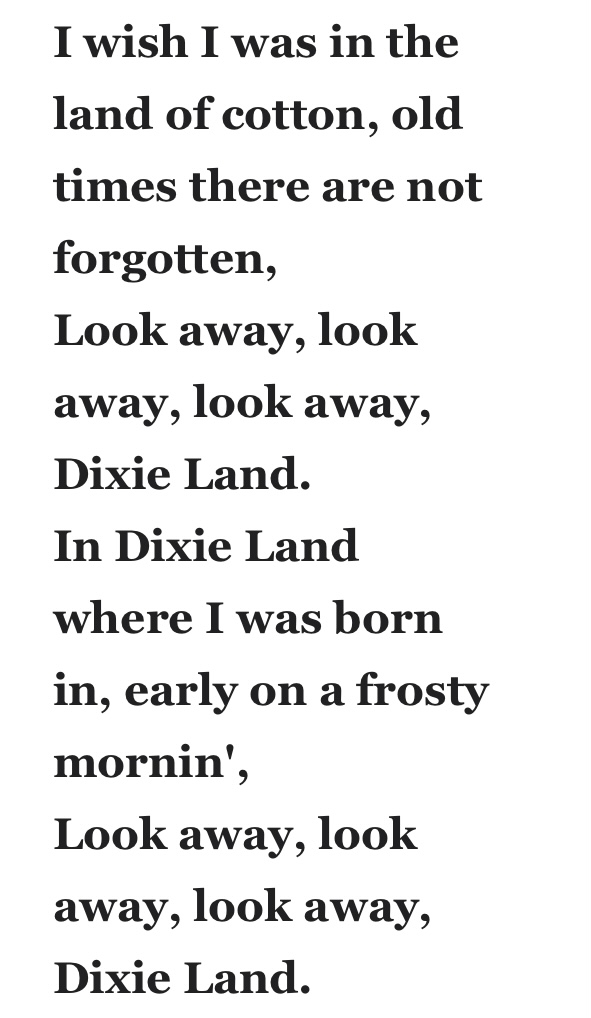
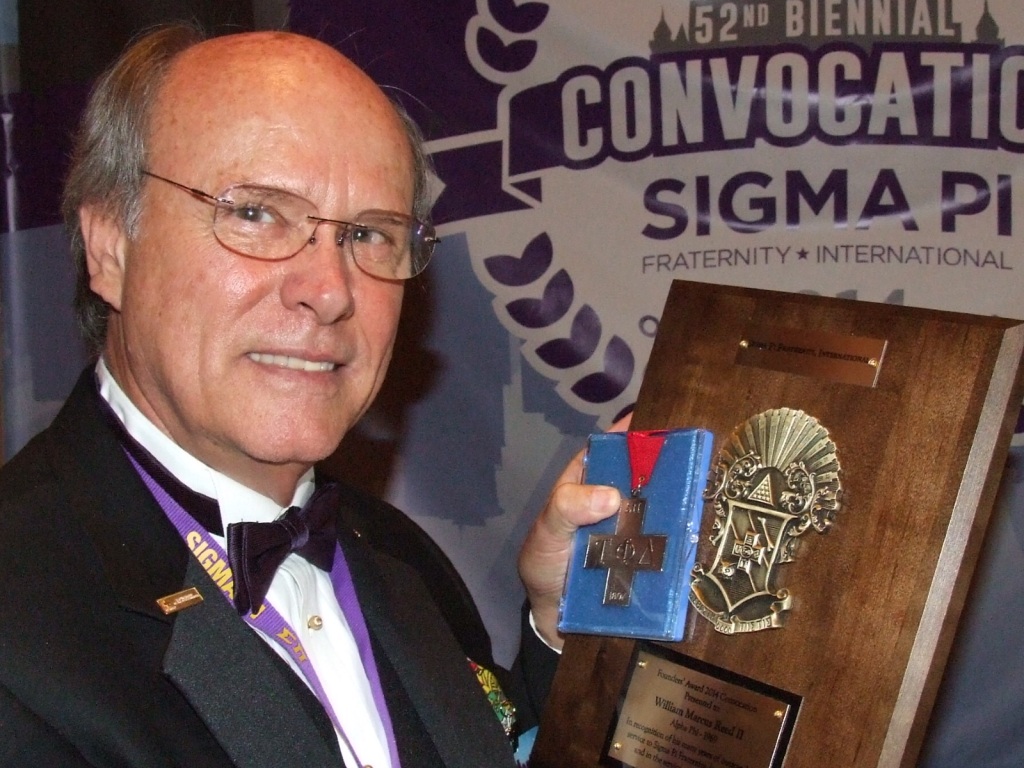
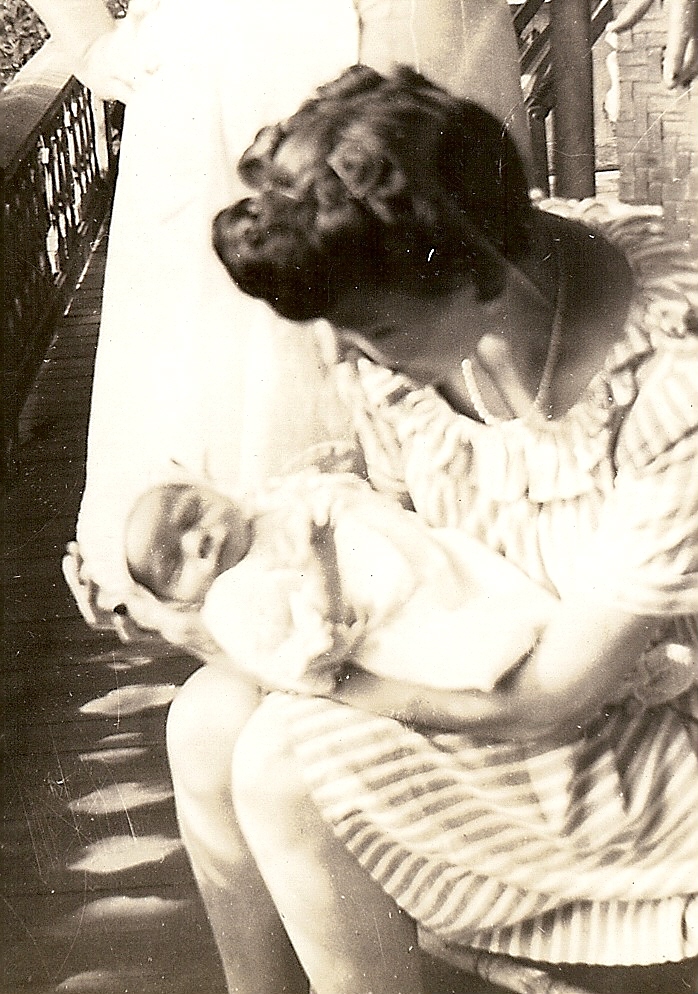
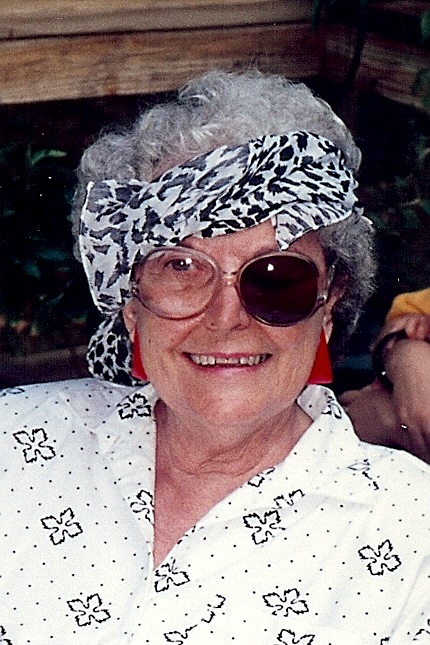
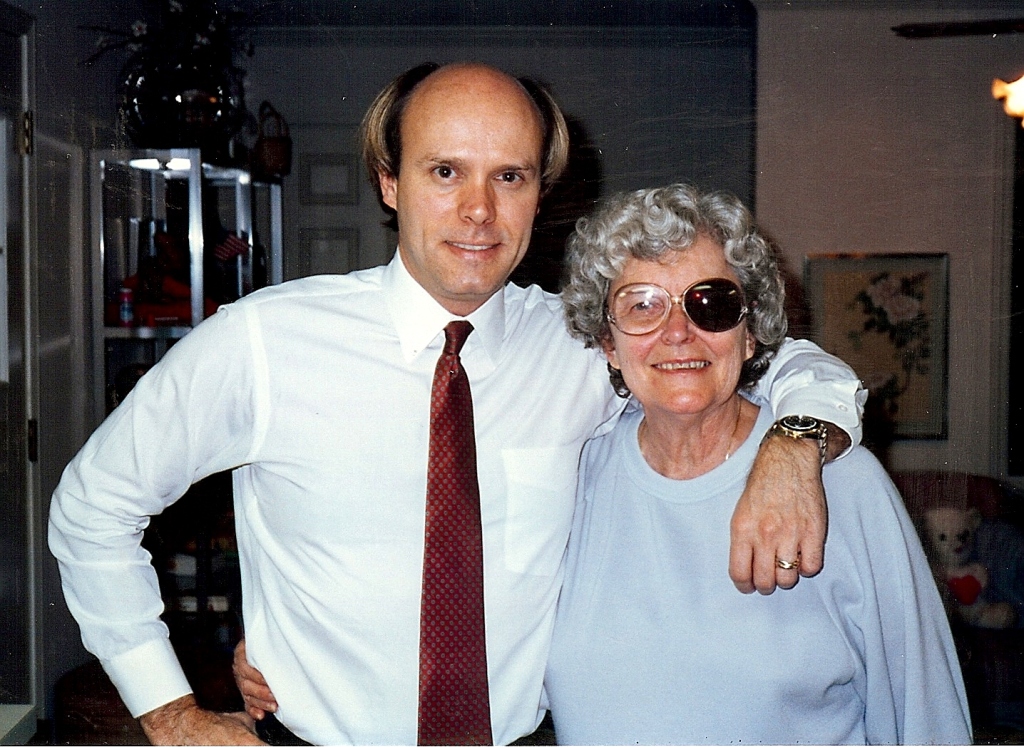
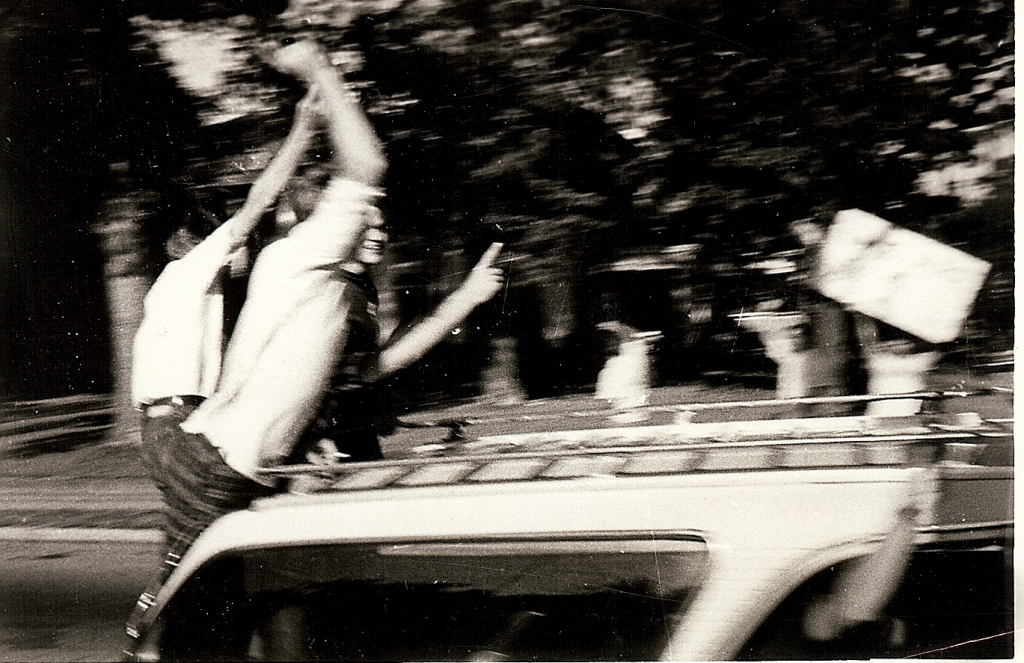
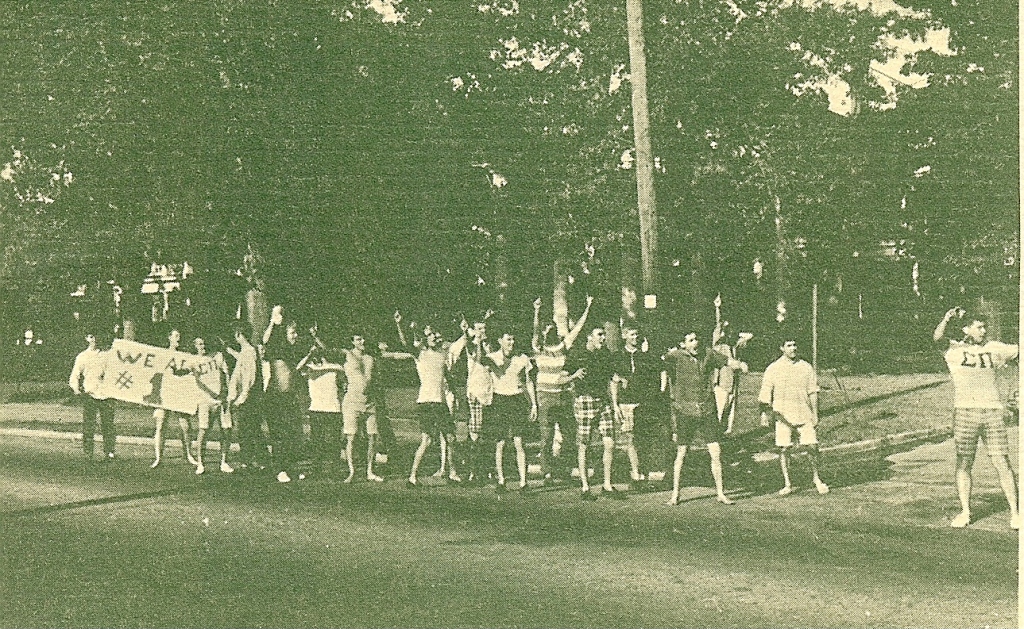


Recent Comments